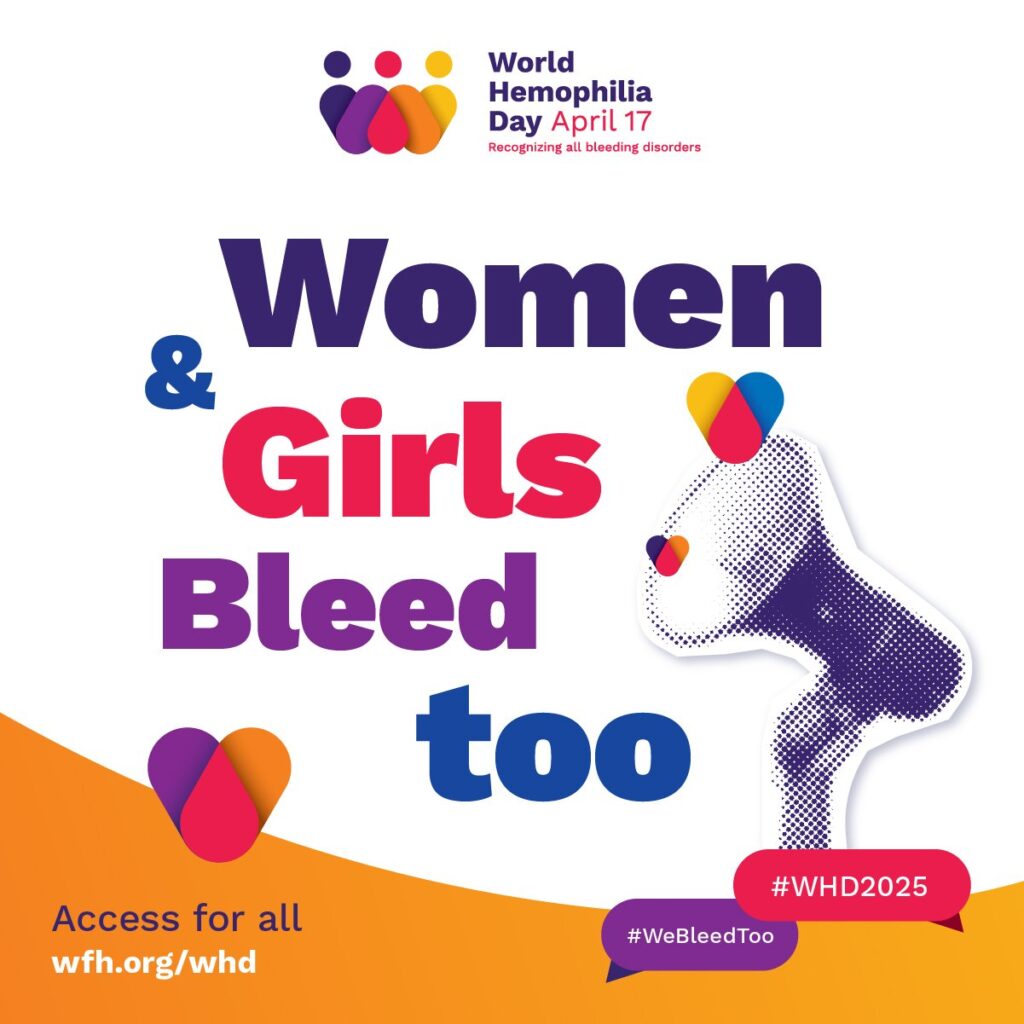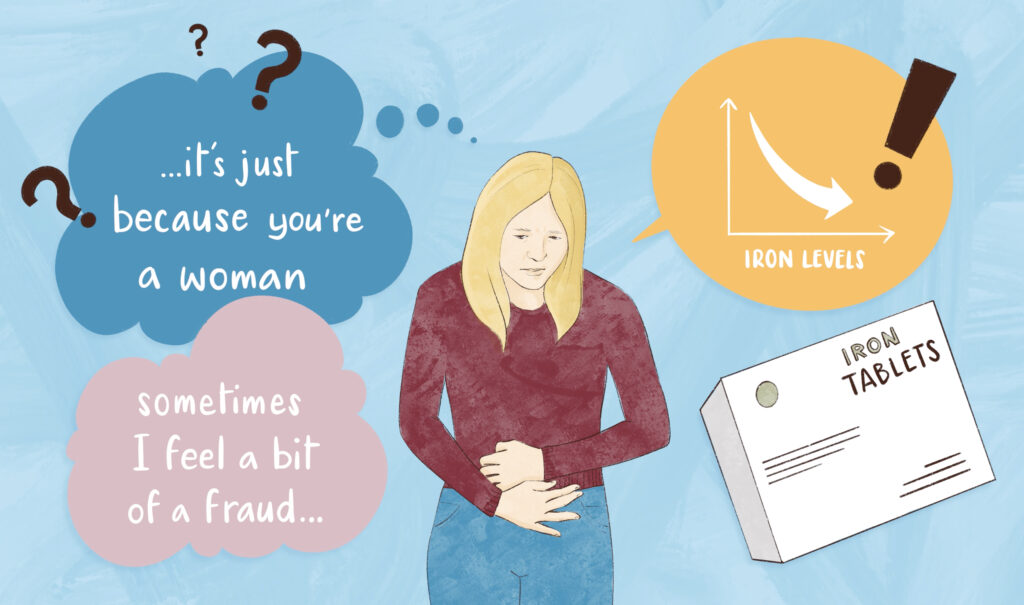Is specialised commissioning the way to improved haemophilia care?
The questions from the floor were revealing: “how did your clinicians react to your training schedule?” Although he’d received much support, Jack explained how he had learned to manage his haemophilia and how his determination to train and succeed had required him tell a few white lies along the way.
The fact that patients really are the experts when it comes to managing haemophilia shone through at the meeting, even when this meant battling through the medical system.
We all generally assume that treatment of severe haemophilia is now pretty good across the country, yet the comments of some patients and carers suggest that many centres have not yet caught up with the latest UKHCDO guidelines on when prophylaxis should be started. Many were surprised when Kate Khair said that under UKHCDO guidelines, prophylaxis should be started after two bleeds into the same joint or at the age of 2 years.
Furthermore, it was clear that the situation for people with mild, moderate haemophilia and other bleeding disorders remains far from perfect. We heard how a child with frequent bleeding was treated with on-demand tranexamic acid because he had a diagnosis of VWD: with a diagnosis of haemophilia he would have been on regular prophylaxis.
With a centralised commissioning structure now in place, there is hope that the CRG will soon start looking at the reality of care and ending the treatment “postcode lottery”. In theory, it will have the powers shut down centres that fail to deliver care of an acceptable standard (so there may be some battles ahead.)
Baroness Molly Meacher, the society’s new president, felt that the new commissioning structure offered the best hope of tackling the problems faced by people with haemophilia. She lamented the loss of the public service ethos within the health service, much of which she was due to political interference within the NHS. A cross-bench peer with extensive experience in the NHS she is a self-confessed “privatisation sceptic” and was concerned about the current government’s “any qualified provider” approach to health care provision. Health, she said, “was not like making potato chips,” and “the idea that we have to learn from the US is terrifying.”
But, she said, it very important that patients had their say at every possible level within the health service. As a former chair of a foundation trust in east London, she recalled how she listened very carefully to her elected Council of Governers, which often included patients and carers.
Mike Holland founded Haemnet and SixVibe. He is a medical writer, editor and event organiser – find him at Google+ or Driftwood.


